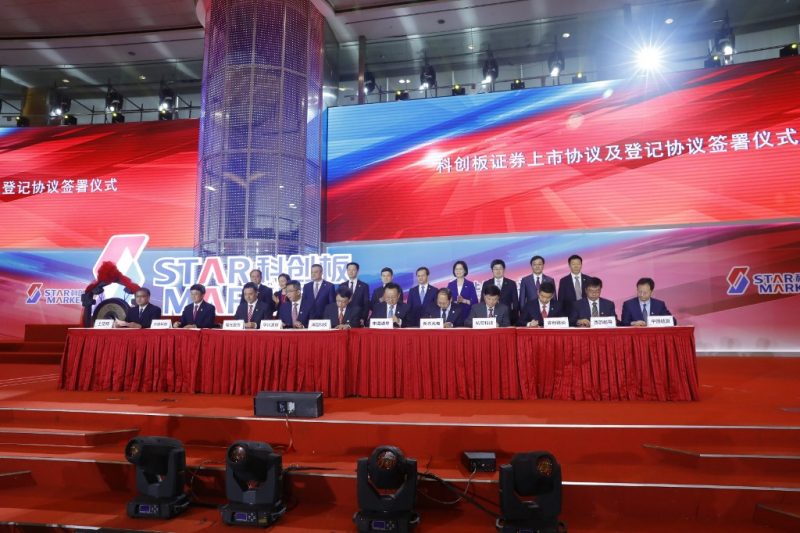(ATF) Top Chinese government departments have made a further effort to attract more foreign investors in the country’s lively A-share market.
Officials made a total of 29 changes to its law on “Strategic Investment by Foreign Investors in Listed Companies”. The new rulings not only lower the investment threshold of total assets required by foreign investors, but also increases the number of investment methods it allows in mergers and acquisitions.
But the main ruling is the reduction in the level of finance required for institutional investors. The previous requirement of US$100 million worth of assets or managing $500 million of assets for foreign investors to strategically invest in A shares has been slashed to $50 million of assets or managing $300 million of assets.
An investment and financing expert, Xu Xiaoheng, told Beijing Business Daily that in the actual operational process, a three-year lock-up period for foreign investors was a high bar for foreign investors. With the relaxation of this requirement, it is expected that more foreign capital will participate in the A-share market.
Article 12 of the revised measures means foreign investors can now strategically invest in A-share listed companies through tender offers, but stipulates that the proportion of shares in listed companies that are scheduled to be tendered for acquisition shall not be less than 100% of the issued shares of the listed company.
The relaxation of cross-border share exchange conditions is another major element of the revised draft measures.
If a listed company implements strategic investment through the issuance of new shares or tender offers, foreign investors may hold or issue additional shares of overseas non-listed companies as a means of payment.
Foreign investors would be expected to adhere to China’s new rules on information disclosure and social supervision, they said.
Series of moves
This is the latest of a series of moves to open different financial sectors to foreign investors.
In September, the State Administration of Foreign Exchange said global funds no longer need approvals to purchase quotas to buy Chinese stocks and bonds.
And on April 1, China opened its trillion-dollar securities market to foreign investment by scrapping limits on foreign ownership of securities companies. The Chinese Securities Regulatory Commission (CSRC) said eligible foreign investors could apply to establish offices or change the controller of securities firms in accordance with related laws and regulations.
Several major foreign securities companies such as the Switzerland-based UBS, Japan’s Nomura Holdings and US giant JPMorgan won approval from Chinese financial authorities to take majority stakes in local securities ventures.
However, this move was overshadowed by the coronavirus pandemic and there was no great to the door. Overseas investments accounted for just 2% of China’s stock market and 2.9% of its bond market in 2019.
“Foreign securities companies other than the big ones who have already made announcements, will not necessarily jump on the opportunity immediately. The reason is obvious, that economies are collapsing everywhere, (so) for securities companies, it’s difficult to make such investment,” Alicia Garcia Herrero, chief economist for Asia Pacific of Natixis, told CGTN in April.
























